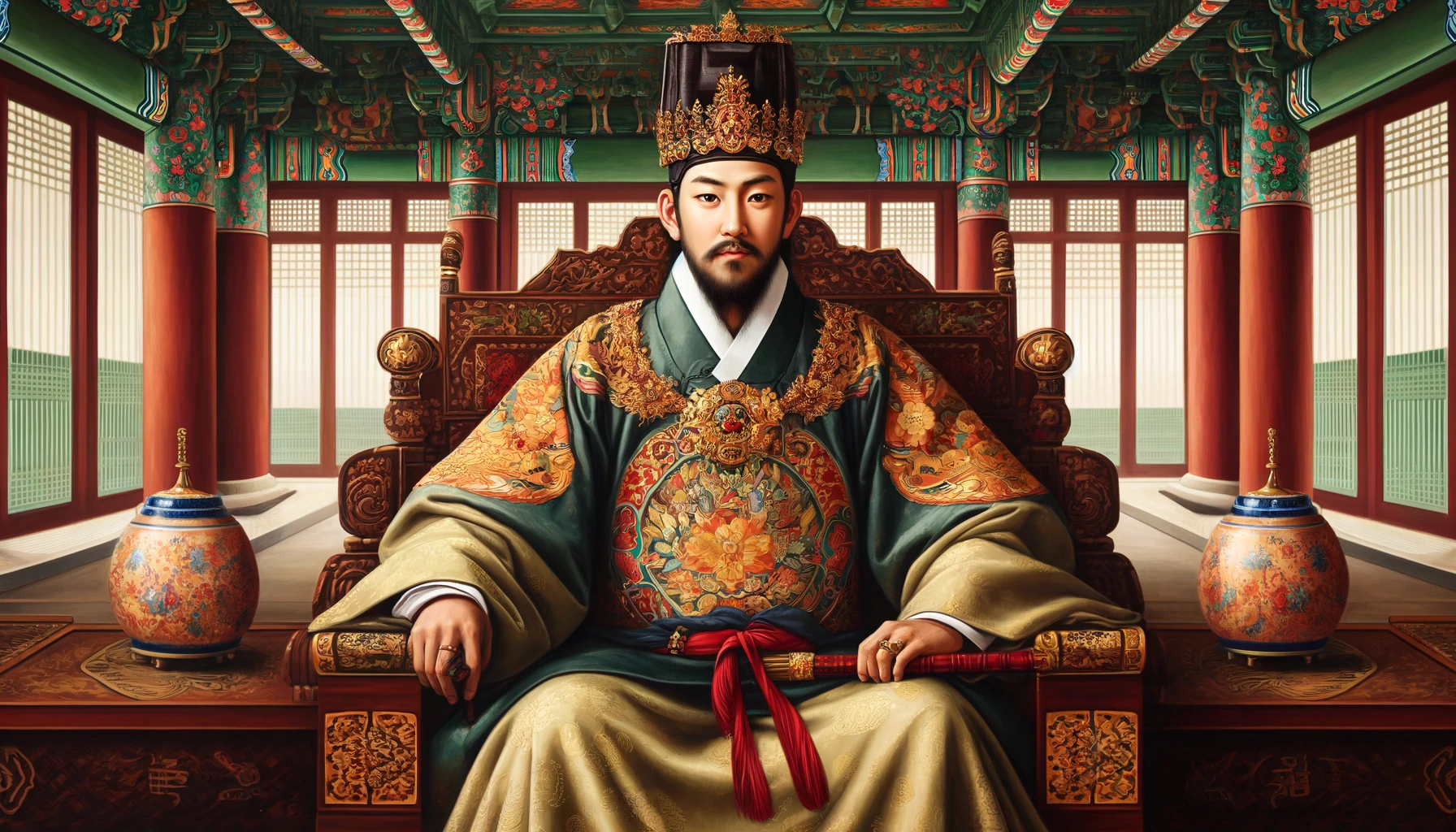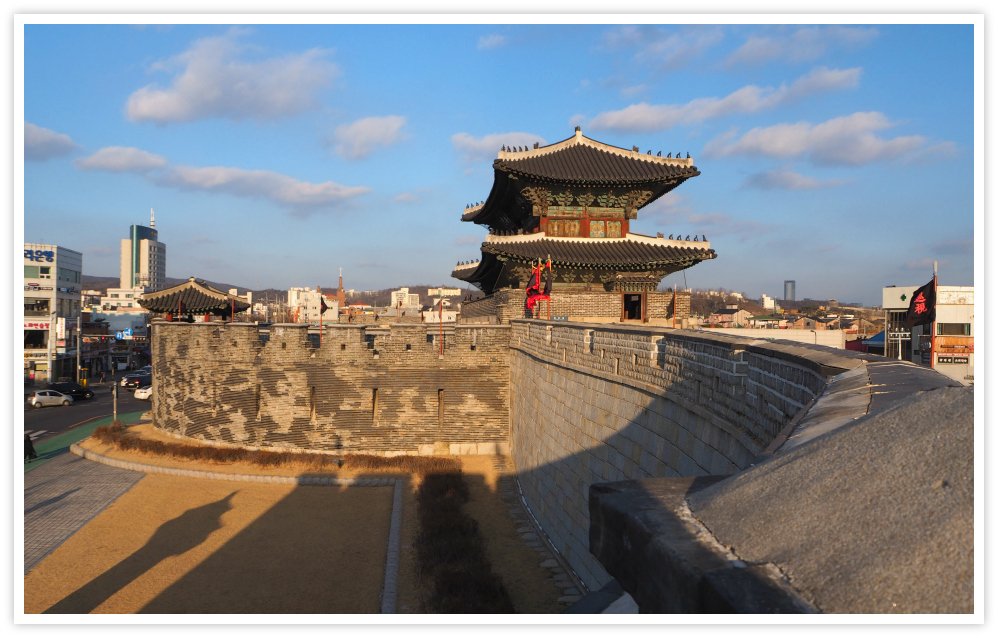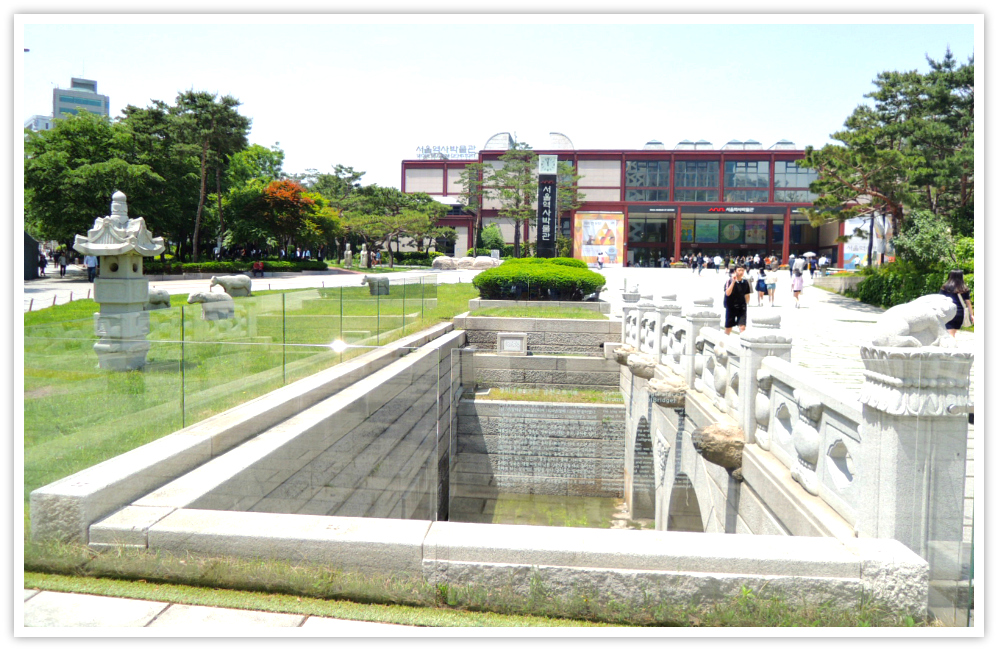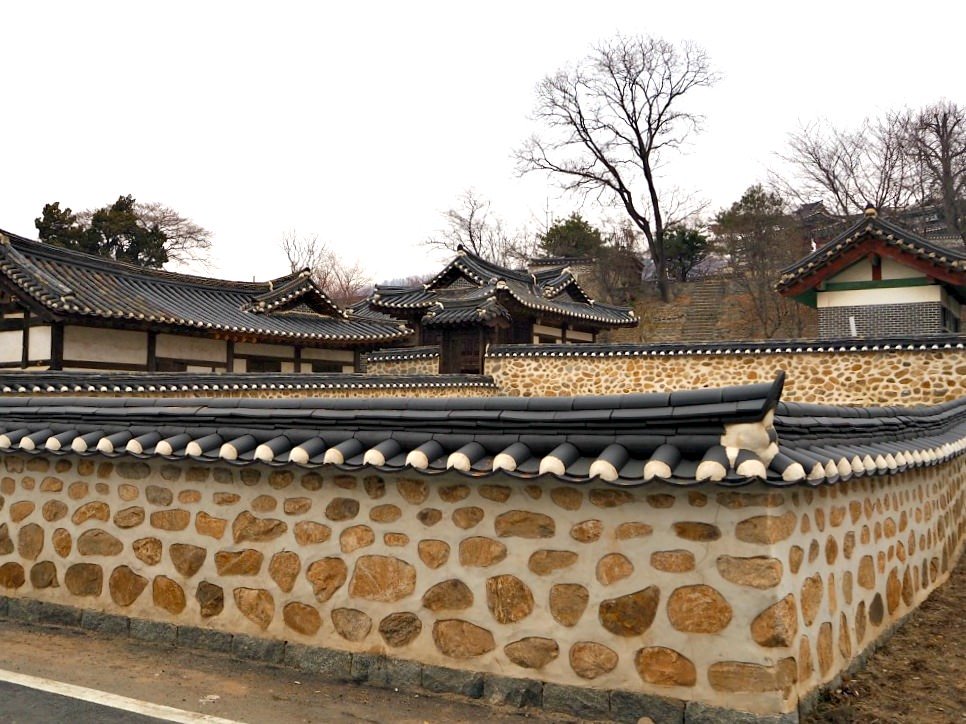King Sejong the Great
 A statue of King Sejong the Great at Gwanghwamun Square, Seoul, South Korea
A statue of King Sejong the Great at Gwanghwamun Square, Seoul, South KoreaKing Sejong The Great
King Sejong the Great (세종대왕) was the fourth monarch of the Joseon dynasty in Korea. His reign from 1418 to 1450 left a lasting impact on Korean history.
He oversaw incredible cultural and economic growth in the country. He is best known for creating the Korean alphabet, which is still used today.
In addition to his linguistic achievements, King Sejong was also a patron of the arts and sciences. He commissioned the creation of many important works of literature, including the "Hunminjeongeum," a document that explained the principles behind the new Korean script. He also supported the work of astronomers, mathematicians, and other scholars.
King Sejong was also a strong and capable ruler. He worked to strengthen the monarchy's power and expand the Korean state's influence. He established a system of government that was more efficient and effective than those that had come before, and he implemented several essential reforms.
Despite his many accomplishments, King Sejong was not without his critics. Some accused him of being too harsh in his treatment of political opponents, and others criticized his policies for being too focused on the interests of the ruling class.
However, he was undoubtedly one of the most important and influential figures in Korean history, and his legacy continues to be felt today.
Early Life & Genealogy
 King Sejong the Great [reign: 1418 to 1450]
King Sejong the Great [reign: 1418 to 1450]Born as Yi Do (이도) on April 10, 1397, he was the third son of King Taejong and Queen Wongyeong.
Initially titled Grand Prince Chungnyeong, he ascended to the throne as King Sejong in 1418 after his father voluntarily abdicated in his favor.
As a king, Sejong was known for his exceptional leadership and dedication to his people. He is widely regarded as one of the most influential figures in Korean history, having overseen numerous cultural, scientific, and social advancements during his reign.
King Sejong is best known for creating the Korean alphabet, known as Hangeul. Before the introduction of Hangeul, the Korean language was written in Chinese characters, making it difficult for most of the population to read and write.
Hangeul, on the other hand, was designed to be easy to learn and use, and it played a crucial role in increasing literacy rates and promoting education throughout Korea.
Accomplishments & Cultural Development
During his reign, King Sejong accomplished several notable achievements that left a lasting impact on Korean society. Perhaps his most significant contribution was the creation of Hangul, the native Korean alphabet.
Before this, Korea used Chinese characters, which were challenging to learn and needed to align better with Korean sounds and meanings. Hangul revolutionized literacy and education in Korea, making it easier for people of all social classes to learn how to read and write.
Another critical achievement of King Sejong was his introduction of merit-based appointments. He was one of the first kings to hire officials based on their skills and knowledge rather than wealth, which helped improve governance and administration. This approach also gave more opportunities to talented people from all walks of life, regardless of their social status.
ing Sejong also worked to make Korea prosperous by expanding trade with neighboring kingdoms, including Japan. He understood the benefits of international trade and diplomacy and used them to strengthen Korea's economy and global standing.
In addition to promoting trade, King Sejong also encouraged scientific advancements and better agricultural practices. He understood the importance of innovation and progress and actively supported research and development in these areas.
Thanks to his efforts, Korea made significant strides in science, technology, and agriculture during his reign, setting the stage for future progress in these fields.
Royal Family & Legacy
King Sejong's wife and former names before becoming known as 'Sejong'...
- Spouse: married to Queen Soheon (소헌왕후), who passed away in 1446.
- Era Names: adopted several era names based on the Ming dynasty: Yeongnak (Yongle), Honghui (Hongxi), Seondeok (Xuande), Jeongtong (Zhengtong), and Gyeongtae (Jingtai).
- Posthumous Name: known as King Jangheon Yeongmun Yemu Inseong Myeonghyo the Great (장헌영문예무인성명효대왕) in Joseon and Jangheon in the Ming dynasty.
King Sejong, who ruled the Joseon Dynasty from 1418 to 1450, was married to Queen Soheon (소헌왕후), a member of the prominent Shin family. Their marriage was a political alliance to strengthen the king's authority. Queen Soheon was known for her wisdom and kindness, and she played a critical role in supporting King Sejong's initiatives, including his efforts to promote scholarship and education.
During his reign, King Sejong adopted several era names based on the Ming dynasty, including Yeongnak (Yongle), Honghui (Hongxi), Seondeok (Xuande), Jeongtong (Zhengtong), and Gyeongtae (Jingtai). These era names were essential to the king's political and cultural legacy, as they reflected his vision of a Confucian-based society that valued education, morality, and social order.
Following his death, King Sejong was posthumously given the name King Jangheon Yeongmun Yemu Inseong Myeonghyo the Great (장헌영문예무인성명효대왕) in Joseon and Jangheon in the Ming dynasty. This name reflected his many accomplishments, including the invention of the Korean alphabet, the promotion of science and technology, and the expansion of the kingdom's territory.
King Sejong is perhaps best known in Korean history by his temple name, Sejong (세종), despite his many achievements. This name has become synonymous with his legacy as a wise and compassionate ruler who worked tirelessly to promote the welfare of his people.
Today, King Sejong is widely regarded as one of the most significant figures in Korean history, and his contributions to Korean culture, language, and scholarship are celebrated throughout the country.
Death & Status
 Yeongneung - King Sejong the Great's tomb in Yeoju City, Gyeonggi Province
Yeongneung - King Sejong the Great's tomb in Yeoju City, Gyeonggi ProvinceIn 1450, on February 17, the renowned King Sejong took his last breath, leaving behind a legacy that continues to be remembered and celebrated. He lived a life of 52 years, during which he made significant contributions that have had a lasting impact on Korean culture and language.
Today, his final resting place is the Yeongneung Mausoleum, situated in the serene surroundings of Yeoju, Gyeonggi Province, South Korea. The mausoleum is a testament to his greatness and is a popular destination for visitors who seek to pay their respects to the revered king.
In addition, numerous statues and museum exhibits are dedicated to his memory, highlighting his many achievements and the pivotal role he played in shaping Korean history and culture.
In short, King Sejong's reign was marked by innovation, literacy, and a commitment to the welfare of his people. His legacy lives on through Hangul, which remains a testament to his vision and leadership. 🇰🇷
For more information about King Sejong the Great, see the links below...
- https://en.wikipedia.org/wiki/Sejong_the_Great
- https://education.nationalgeographic.org/resource/birthday-sejong-great/prekth-grade/
- https://www.worldhistory.org/Sejong_the_Great/
- Home
- Historical Attractions
- King Sejong The Great
Get Exciting Activities
Book one of our exciting activities today to experience the thrill of a lifetime! Take advantage of this opportunity and secure your spot in advance.
Hotel Map Guide
Find your affordable, accessible, and comfortable hotel in Seoul at Agoda.Com. See the hotel map below...
Hotel Booking Guide
Find affordable and amazing hotels on Agoda.com using the search box below. Book now to enjoy great discounts and save!







New! Comments
What do you think about this page? Leave me a comment in the box below.